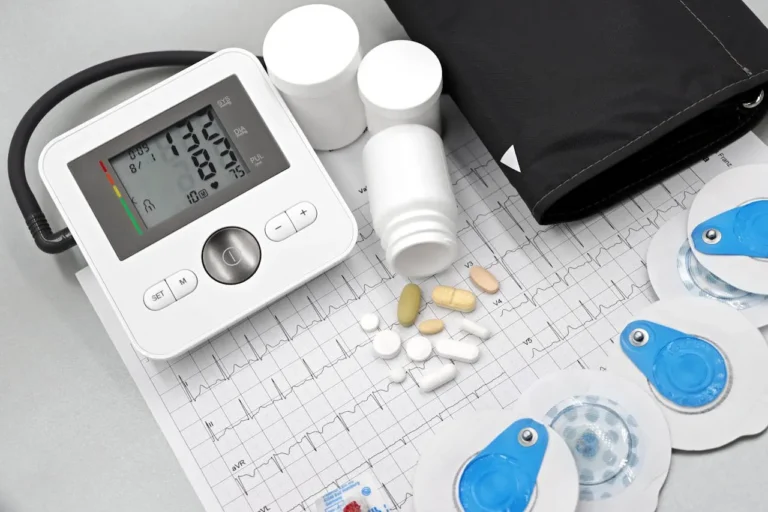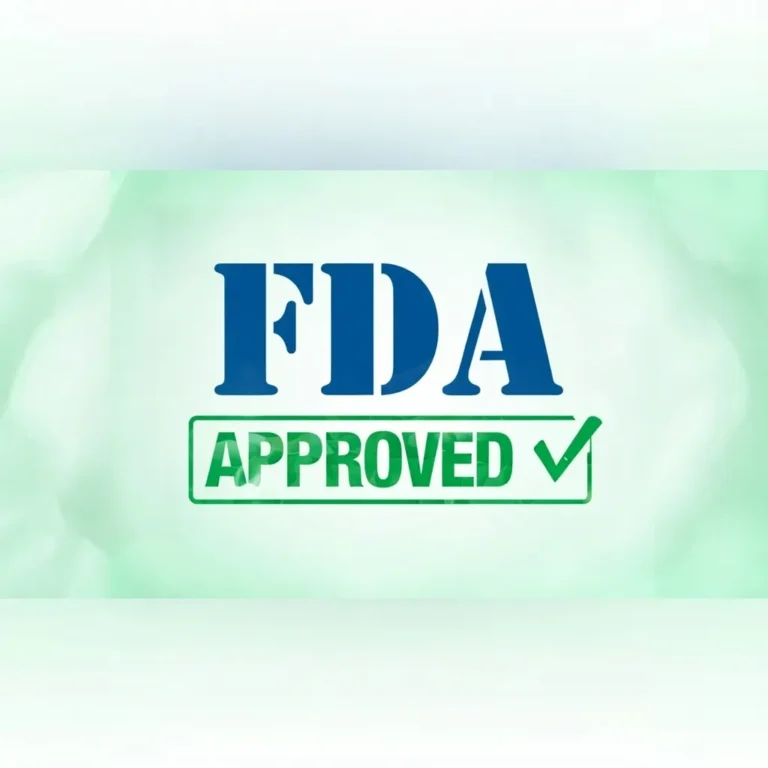
GSK’s Gepotidacin Accepted for FDA Priority Review to Treat Uncomplicated UTIs
GSK plc (LSE/NYSE: GSK) has announced that the U.S. Food and Drug Administration (FDA) has accepted its New Drug Application (NDA) for gepotidacin, a first-in-class oral antibiotic with a novel mechanism of action aimed at treating uncomplicated urinary tract infections (uUTIs) in female adults and adolescents weighing 40 kg or more. The FDA has granted Priority Review status to the application and set a Prescription Drug User Fee Act (PDUFA) action date for March 26, 2025.
More than half of women experience uUTIs in their lifetime, with approximately 30% suffering recurrent infections, leading to significant discomfort and limitations in daily activities. The rise in drug-resistant bacteria has increased the need for new treatment options, as these strains are associated with higher treatment failure rates. Gepotidacin, a late-stage antibiotic in GSK’s infectious disease portfolio, could be the first new oral antibiotic for uUTIs in over 20 years.
The NDA is backed by positive results from the pivotal phase III EAGLE-2 and EAGLE-3 trials. In these studies, gepotidacin showed non-inferiority to nitrofurantoin, the current standard treatment for uUTIs. In EAGLE-3, gepotidacin achieved a statistically significant therapeutic success rate of 58.5% (162 out of 277 participants) compared to 43.6% (115 out of 264) for nitrofurantoin, marking a treatment difference of 14.6%. In EAGLE-2, the success rate for gepotidacin was 50.6% (162 out of 320) versus 47.0% (135 out of 287) for nitrofurantoin.
The safety profile of gepotidacin in these trials was consistent with earlier studies, with the most common adverse events being gastrointestinal (GI) in nature. Diarrhea was reported by 16% of participants, followed by nausea at 9%. Most GI events were mild (69% Grade 1) or moderate (28% Grade 2), with only 3% of patients experiencing severe events. A serious drug-related adverse event occurred in one participant in both the gepotidacin and nitrofurantoin groups.
Gepotidacin’s development has been partially funded by federal support from the U.S. Department of Health and Human Services through the Biomedical Advanced Research and Development Authority (BARDA).
About the EAGLE Phase III Trials
The global phase III program for gepotidacin includes three trials: EAGLE-2 and EAGLE-3, which are non-inferiority studies comparing gepotidacin (1,500 mg orally twice daily for five days) with nitrofurantoin (100 mg orally twice daily for five days) in 3,136 female adults and adolescents with uncomplicated UTIs. The primary endpoint was the combined clinical and microbiological response at the Test-of-Cure (ToC) visit (days 10-13) for participants with uropathogens susceptible to nitrofurantoin. EAGLE-1 compared gepotidacin’s efficacy against ceftriaxone plus azithromycin in 628 patients with uncomplicated urogenital gonorrhea.
About Gepotidacin
Discovered by GSK scientists, gepotidacin is a novel triazaacenaphthylene antibiotic that acts by inhibiting bacterial DNA replication through a distinct binding site. It effectively targets a wide range of uropathogens, including E. coli and S. saprophyticus, as well as N. gonorrhoeae strains that are resistant to current antibiotics. Gepotidacin’s unique mechanism and the need for multiple mutations in its target enzymes lower the potential for developing resistance.
GSK’s Commitment to Infectious Diseases
For over 70 years, GSK has led innovation in infectious diseases, maintaining one of the largest and most diverse pipelines in the industry. The company is dedicated to developing effective treatments for multiple disease areas and addressing high unmet medical needs globally. Alongside gepotidacin, GSK has partnered with Spero Therapeutics for tebipenem HBr, a late-stage antibiotic for complicated urinary tract infections, and with Scynexis for Brexafemme, a first-in-class antifungal for vulvovaginal candidiasis.





